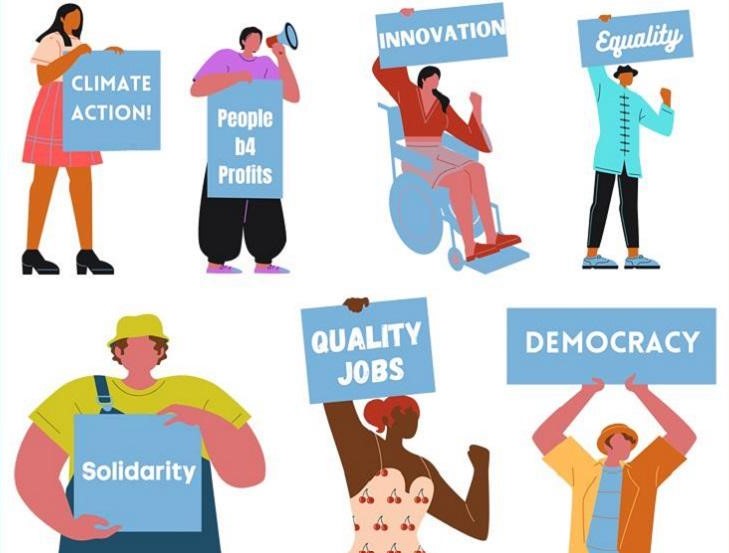
On June 23 the UN celebrated the value and virtue of public service to the community; highlight the contribution of public service in the development process; recognize the work of public servants and encourage young people to pursue careers in the public sector. Public services are intended to address existential needs of individual citizens or of the (democratic) community as a whole.
With this blog, I want to draw attention to these services, their challenges and ways to foster a broad community. The challenges are manifold.
Since the 1980s, public services have come under pressure: the discussion about core governmental tasks leads to forms of privatization of public services. Even core tasks such as security (police) were increasingly privatized.
A hybrid form of privatization is the quango: an NGO subsidized by the government that performs a number of public tasks. In many countries where charities and a strong civil society exist and already organize social tasks (poverty, health, schools, mental health, etc.), quango became one of the basic forms of social services.
Al these services, public and social, form the core of the state. These services stand at the forefront of community building. Lack of resources, mismanagement, inaccessible services, lack of services, unaccountable services, …, when users feel they are not well served, they sue the government.
Privatization and austerity lead to cherry picking or creaming. As a result, the most vulnerable people are left behind. Peripheral regions are also victims of this policy; after all, it is cheaper to invest in the central regions and in less vulnerable people.
The policy of the ‘active citizen’, called the “earned citizen” in some countries (UK), make social services conditional. Conditionality lies the burden on the user. They have to fulfill several conditions before they can enter a program. People are dropping out. “Non take-up” figures are not easy to find, but they show how inadequate social policy is.
All of these trends affect trust in government, trust in public and social services, and thus undermine our democratic society.
Discussions on the European Pillar of Social Rights have focused on broadening social protection and adequate services. With Involve, we not only want to enrich these discussions with our (action) research on the accountability, accessibility and engagement, voice and participation of users and target groups of social services, with the action research on top of that, we want to change the policies of public and social services to realize a broaded-based democratic community.
Michel Debruyne
